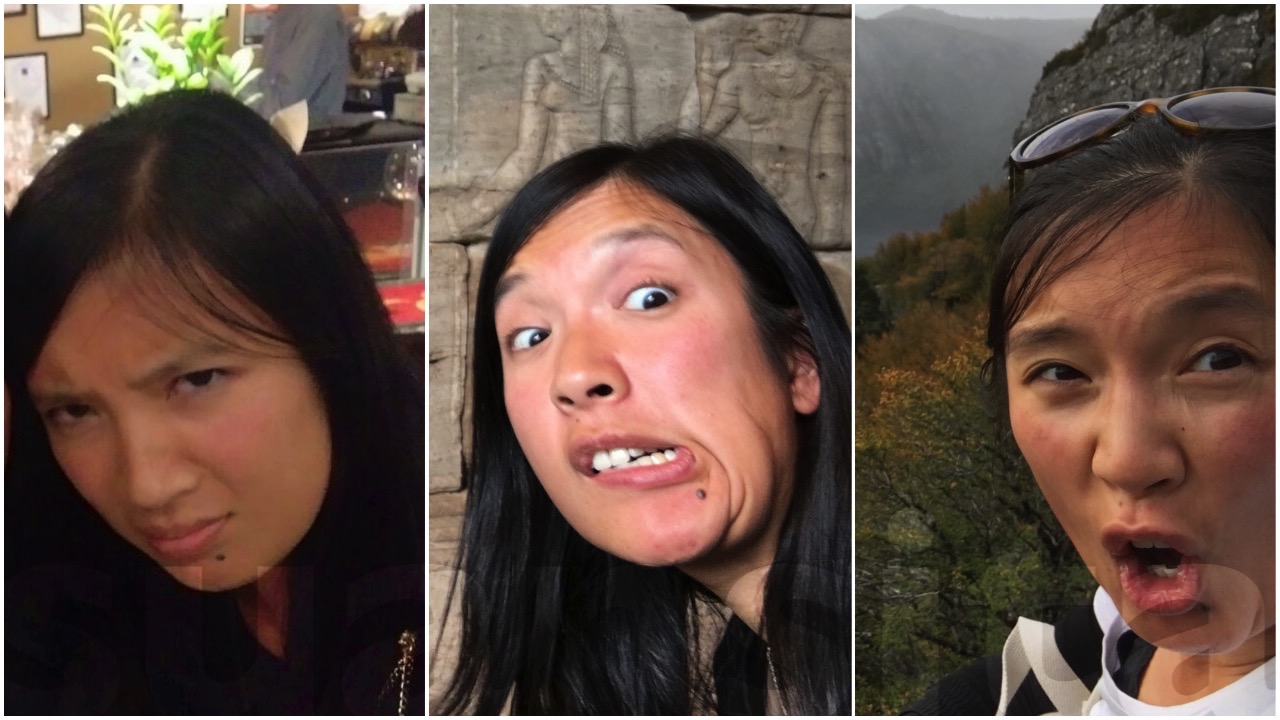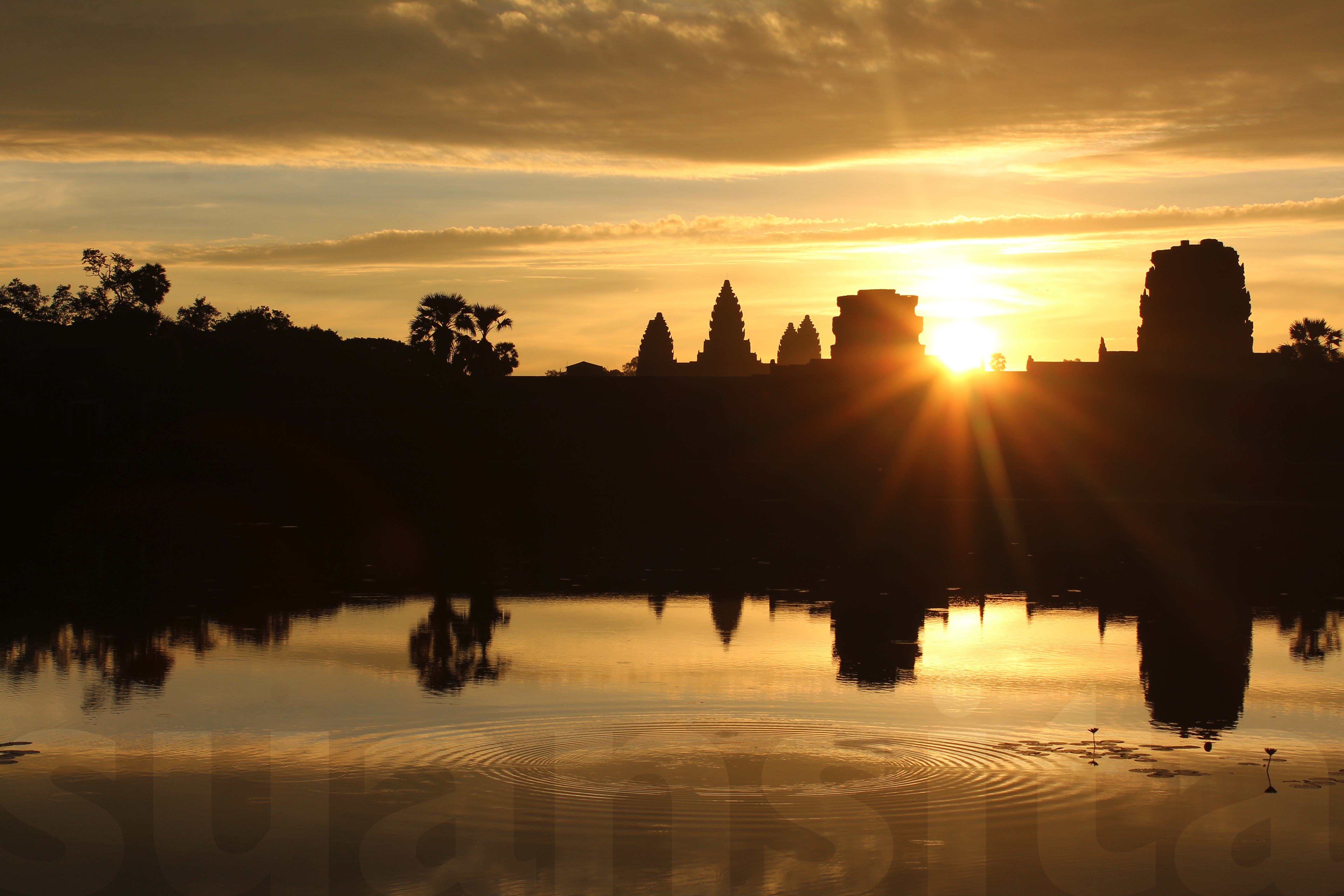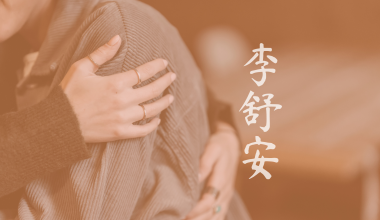An evening on Anzac Parade
The other day after work, I was flowing with the peak hour crowd down Anzac Parade, when I witnessed something awful.
An Aboriginal man was heckling and shoving an East Asian man. The Indigenous guy was yelling obscenities and things like “Go back to where you came from!” to the suited up Asian guy, who was trying, literally, to shake him off. That was Awkward thing Number 1.
People just watched. And did nothing. That was Awkward thing Number 2.
By people, I mean mainly Asian people. The University of New South Wales appears to be predominantly Asian, even the law faculty – a contrast with the College of Law at my own alma mater. That was Awkward thing Number 3.
And I did nothing because, frankly, I’m both Asian and female. I actually thought I might get hit. That was Awkward thing Number 4.
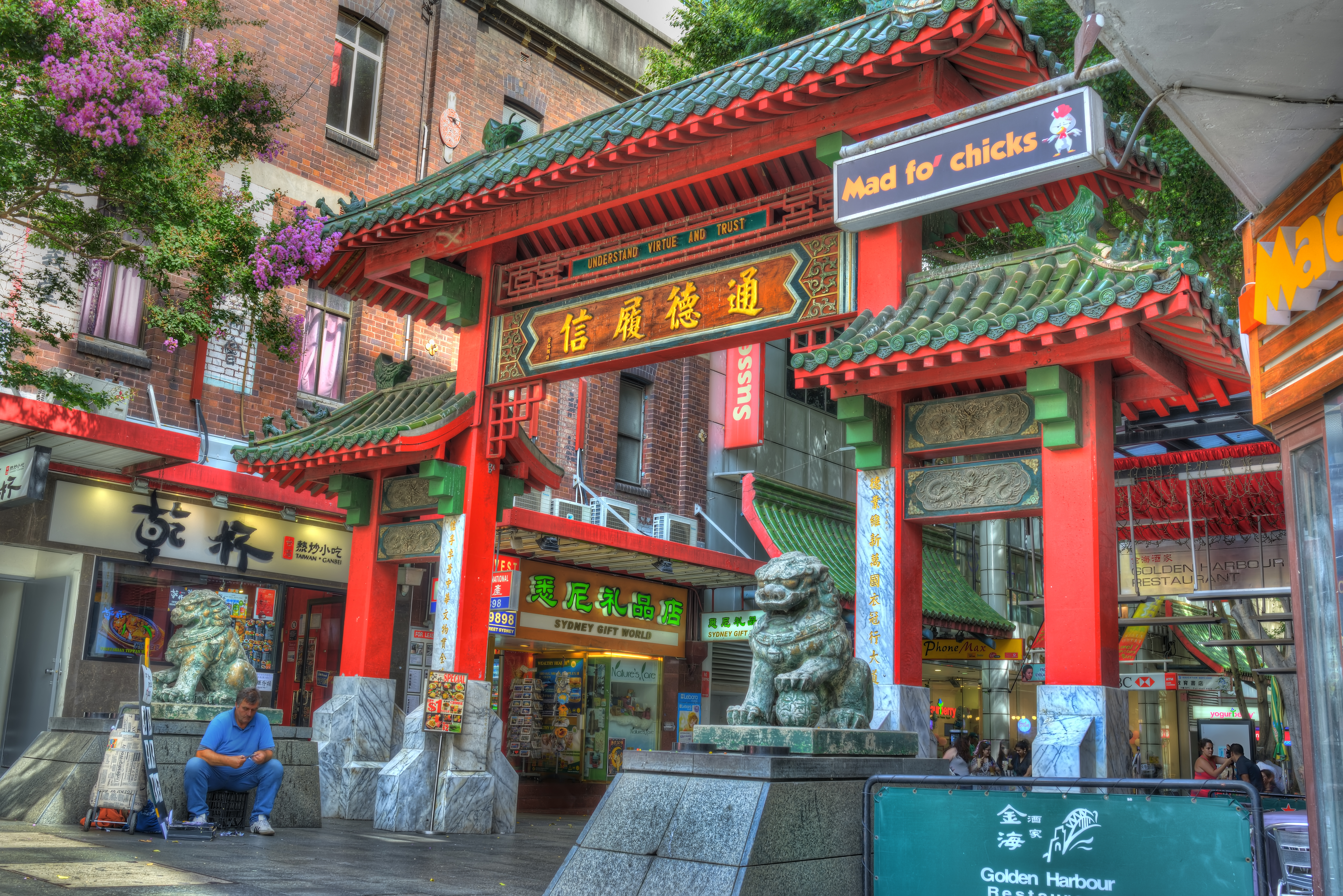
The bubble and the myth
Those four things were awkward because they threw into relief some of the realities about the country and culture with which I identify most strongly.
The fact is that Australia isn’t the place I thought it was when I was little.
Amongst many other ideas about our “laidbackness”, friendliness, egalitarian-ness, openness, amazeballs public education and soul-deep affinity with the ocean, the Canberra Myth taught me that Australian multiculturalism rocks and/but that Australia is mostly white.
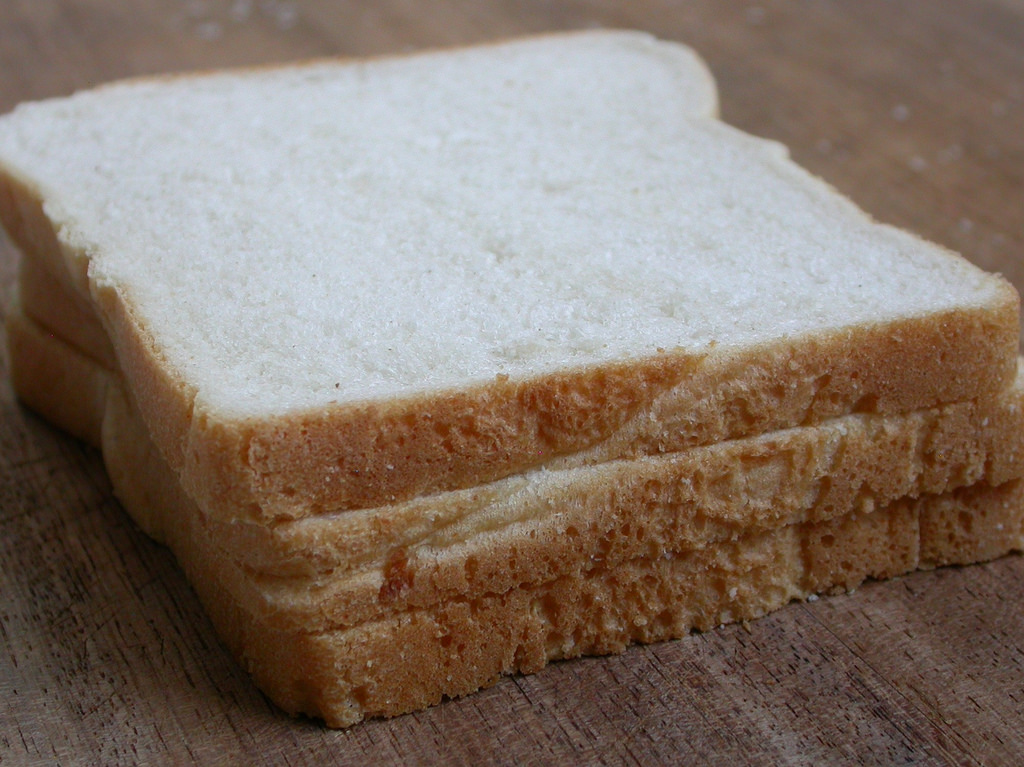
That may be true in the bubble that is Canberra.
But outside of Canberra, vibrant multiculturalism and a white Australia are as incompatible as you’d expect them to be.
When I moved to Latin America, I very quickly got used to being the only Asian person anybody knew. It didn’t offend me to answer questions about where I was born, where my parents were from, whether I spoke Chinese.
I expected that. I expected to be different.
What I didn’t expect was to see so many bloody Asians in Sydney. And I say this as an Asian person.
Coming to live in Australia’s biggest city – a famously cosmopolitan city – I somehow didn’t expect to be so same, so undifferent. It’s confronting.
The awkward thing about the other day
That evening on Anzac Parade produced four responses in me.
One. It broke my heart to hear an Indigenous person tell an Asian person – who was legally in the country – to go back to where he came from.
It broke my heart because I kept thinking he would never have said that to a Caucasian man.
It broke my heart because his ancestors didn’t tell the white fellas to go back to where they came from, all those years ago. That, in a way, has led us to the present situation.
I used to think we could all belong. Now I’m not so sure.
Two. It outraged me that a guy was being racially vilified and no-one intervened or spoke up. Some people stared and pointed, commented amongst themselves. Others pretended nothing was wrong.
I used to think we stood up against racism and injustice, that we helped strangers in need. Now I’m not so sure.
Three. These people were mostly Asian. The Indigenous guy was targeting just the one Asian man, but his message was really applicable to all of them.
To all of us. Essentially, I was just another one of those “people”. Those Asian people.
I used to think I wasn’t like every other Asian, that people would look at me and know that I was different. Now I’m not so sure.
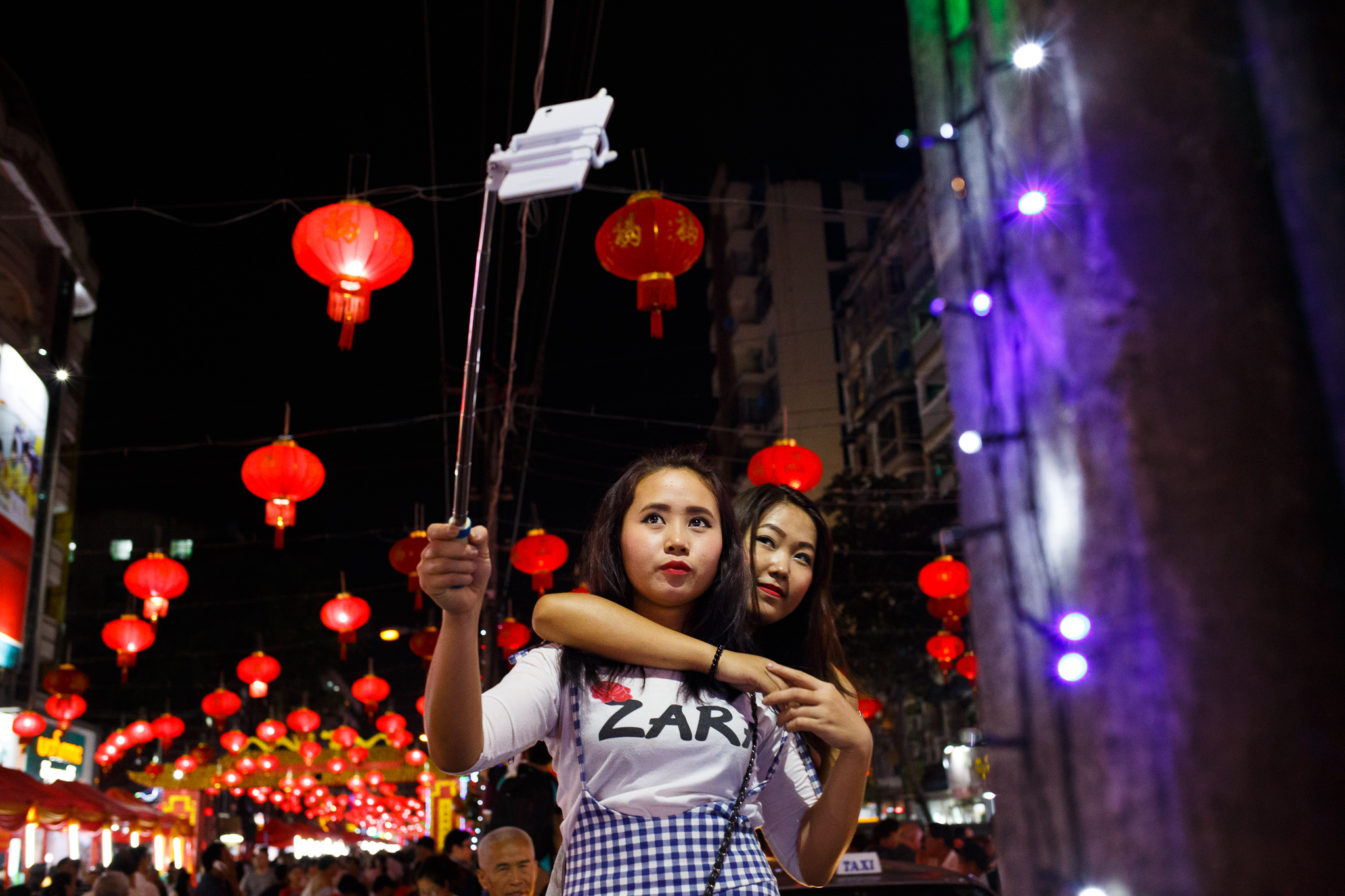
Four. It was disempowering not feeling able to speak out against the racial slurs slung from one minority to another, simply because of my gender (and also because this racial slur was by its very nature also directed at me).
I used to think us girls could navigate life and the universe as confidently and competently as the boys. Now I’m not so sure.
*
Australia is not the place I thought it was when I was little. That is not a shock revelation that I’ve had overnight.
Still, it saddens me to reflect on my public education-bred childhood idealism, and compare it with the reality I perceive today. Was it all a myth? Or has something changed in this country over the last 15, 20 years? It’s probably a bit of both.
And so, if my country is not the place I thought it was, then what does that mean for my identification with it? In a way, my time abroad loosened those bonds. Coming “home” to this has, as I said, been awkward. More than that, it’s been alienating.
But that’s a whole other post.
Here there is no Gentile or Jew, circumcised or uncircumcised, barbarian, Scythian, slave or free, but Christ is all, and is in all.
Colossians 3:11

